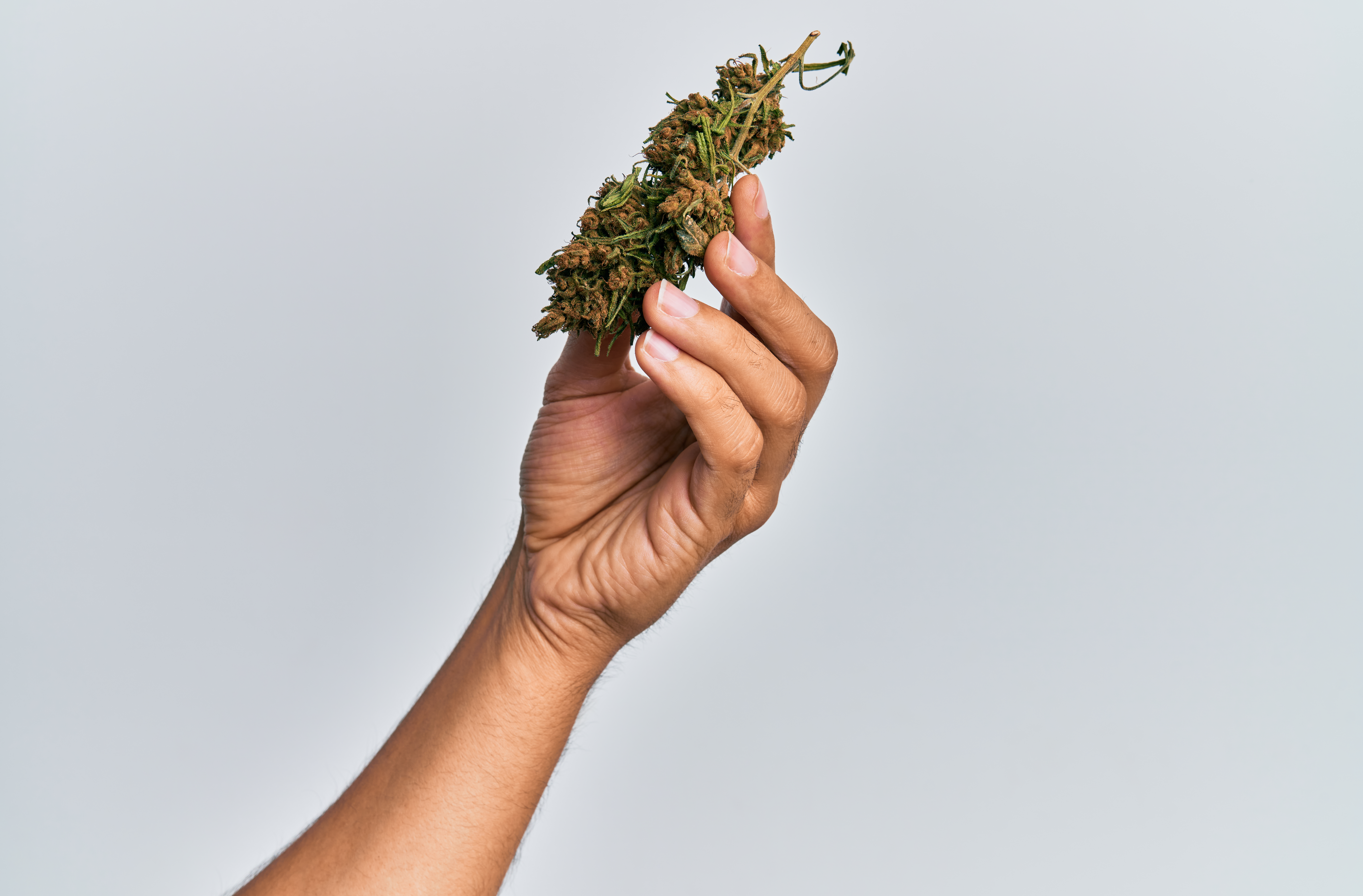Connect with us
Published
11 months agoon

While it may be surrounded by other states with legal cannabis laws, New Hampshire still has yet to legalize recreational cannabis. However, when it comes to its residents, the consensus is clear: New Hampshirites are ready for an adult-use program.
A new poll conducted by the University of New Hampshire sought to understand residents’ opinions on the legalization of recreational cannabis use in the state, ultimately finding that a strong majority continue to support cannabis legalization. Though, the poll also shows that opinions become a bit more muddled when it comes to the details of a potential adult-use cannabis program.
The poll was published Tuesday and conducted by the university’s Survey Center, posing a series of cannabis-related questions for Granite Staters. A total of 1,105 Granite State Panel members completed the survey online between May 18 and May 22, 2023.
While the Legislature was unwilling to pass a cannabis legalization bill, the poll found that a total of 72% of New Hampshire residents favored adult-use cannabis legalization, either strongly (52%) or somewhat (20%) supporting legal recreational cannabis. Conversely, just 21% are opposed, either somewhat (8%) or strongly (13%), while 7% said they are neutral on the issue and 1% are unsure.
Self-described socialists (99%), progressives (95%), liberals (93%) and libertarians (83%) support recreational legalization, while 60% of moderates and 49% of conservatives shared the same beliefs.
When the same questions were asked to respondents in 2013, it was a much more even split: 49% were in support of legalizing cannabis for recreational use and 45% opposed. However, according to the university, more than two-thirds of Rhode Island residents have supported recreational cannabis legalization since 2017.
Following the failure of the most recent cannabis legalization bill, Gov. Chris Sununu announced his willingness to sign a bill to allow the state to control distribution and access to cannabis, or the “state control model.” This would involve a new plan where the state regulates cannabis the same way it controls the sale of wine or liquor.
Most respondents (64%) said embracing this model makes no difference to them, while 26% said they were more likely to support legalizing recreational cannabis under this model (11% much more likely, 14% somewhat more likely) and 9% said they would be less likely to support (5% much less likely, 4% somewhat less likely).
When it comes to actual support, 60% of residents either strongly (32%) or somewhat (28%) supported the “state control” model, while 23% either somewhat (10%) or strongly (12%) oppose it; 15% are neutral, and 3% are unsure. Three-quarters (75%) of self-identified Democrats were in support, while about half of Independents (50%) and Republicans (49%) support the model.
The poll also asked respondents opposed to the “state control” model why they held those beliefs: 31% said they wanted to legalize recreational cannabis through another system, while 67% said they simply didn’t want legal recreational cannabis use at all; 1% of respondents said they were unsure.
Finally, the poll looked at the approval rating of Gov. Sununu, finding that 62% of residents support his job performance, specifically 91% of Republicans, 64% of Independents and 34% of Democrats.
The governor’s recent proposal, regarding the “state control” model and following the latest in recreational cannabis-related letdowns in the state, has seen a mixed response. Former State Rep. Susan Homola (R) spoke out against the bill, calling the approach a “flip-flop on recreational marijuana in the ninth hour.”
Michael Holt, an administrator with the state’s therapeutic cannabis program, pointed to a provision in the newly suggested measure, specifically allowing the state’s medical cannabis dispensaries to sell both medical and recreational products. Holt said, had the previous measure passed without the provision, the medical cannabis program would have suffered, adding that “maintaining the ability of the [alternative treatment centers] to enter this market is critical.”


U.K. Researchers Report Finding Xylazine in Illicit Weed Vapes


Alabama Bill Would Reboot Medical Cannabis Licensing Process


American Senior Arrested in Colombia for ‘Cannabis Tours’


Amended Maine Bill To Establish Psychedelic Research Committee Heads to Gov.


U.K. Eases Restrictions on Hemp Agriculture


German Officials Consider Cannabis Ban at Oktoberfest
